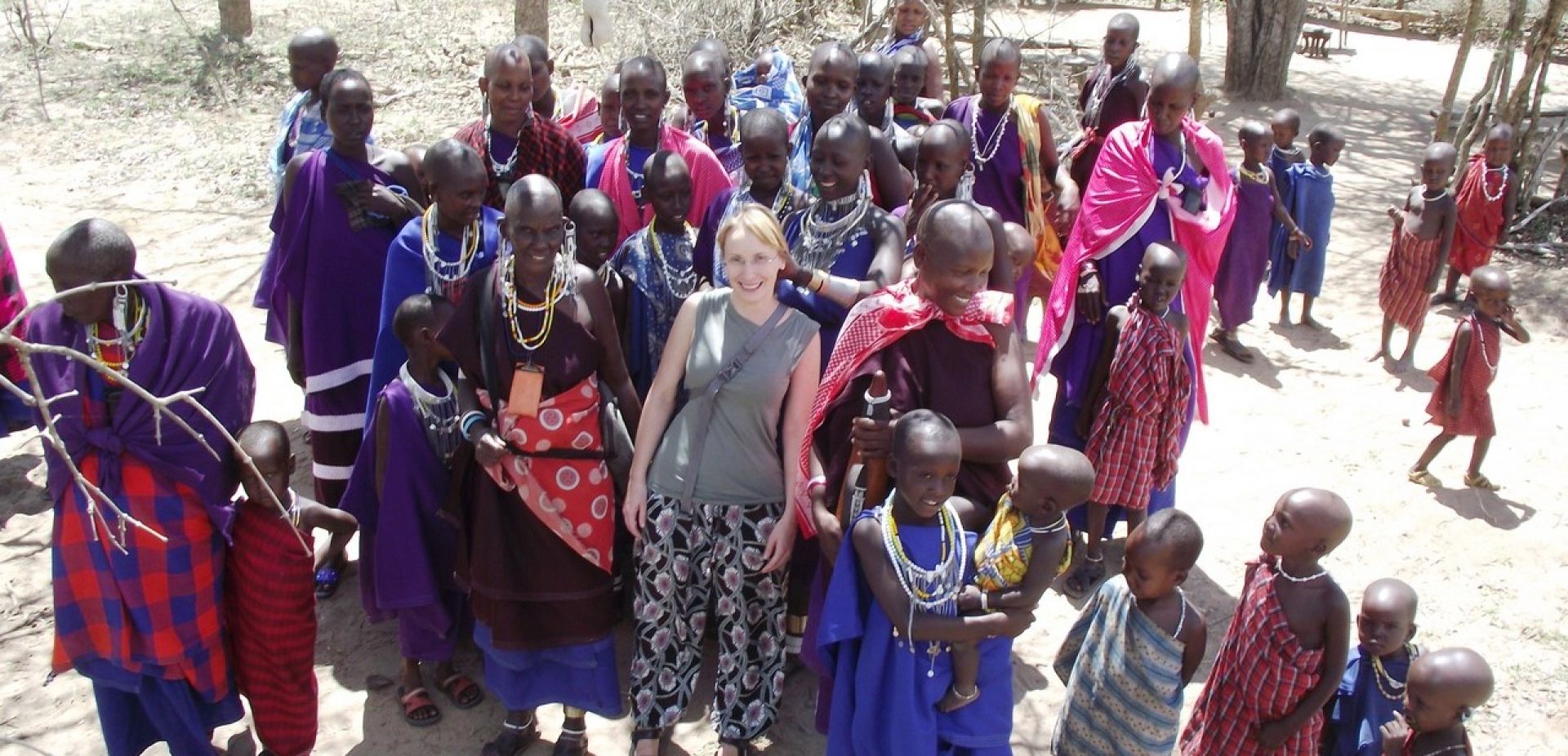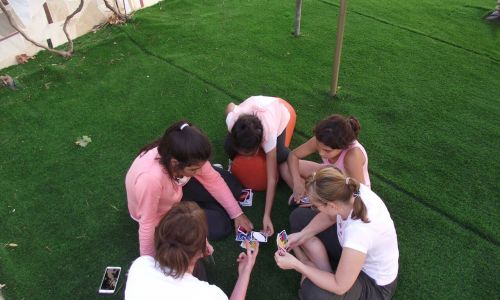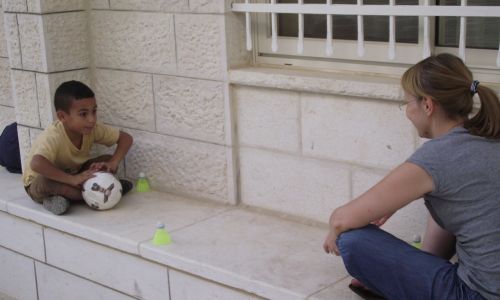We do not send people to areas with ongoing military operations or internal conflicts. If something like this starts to happen, we constantly monitor the situation and, if necessary, evacuate volunteers to another, more secure place. For example, two years ago, when our volunteers worked in Ethiopia, riots began in the country's north and quickly spread to the south. When they arrived in the capital, we moved our volunteers to another camp in Kenya, and they completed the mission there. The health and life of our envoys is our priority.
You can't expect comforts on site either.
People who come to volunteer are generally aware that the life conditions will not be excellent; for example access to water or electricity will be difficult. They are prepared for this but less ready in terms of flexibility for the tasks they have to perform. They have this vision of saving the world, but they must do rather prosaic things when they get there. We try to prepare our volunteers so they know that the missionary decides what is most needed at that particular moment. Those leaving for the mission must feel that what seems good to us may not work in those different conditions. As for character traits, a volunteer must be brave and outgoing towards people from another culture. Positive thinking and mental resilience are also helpful because many situations can be difficult and upsetting, making you tense and an easy target.
The Salesian Missionary Voluntary Service's “Youth for the World” activities are impressive. Volunteers perform missions in over 40 countries on four continents. Until today, over 450 projects have been implemented in education, medical assistance and infrastructure building in the poorest parts of the world. Which of them are you most proud of?
I am proud of two projects at the Salesian Don Bosco Boys' Town Technical Institute in Nairobi, Kenya. There is great poverty and unemployment, which leads to crime, different forms of addiction and the risk of HIV/AIDS. This is the everyday life faced by young people from the Kibera slums in Nairobi, which, according to UN data, has a population of about one million people. Only 20% of them have access to electricity or running water. Young people have no jobs. That is why the school was established to provide education; this is also a children’s home and rehabilitation centre for them.
Our task was to equip the school and workshops. We expanded the mechanical workshop, including purchasing a wheel alignment measurement device and a four-column car lift and car supports. Students can work with equipment exactly the same as that used in their future workplaces. The teachers were delighted; they said that only in textbooks had they seen these machines bought for the car mechanics department. There are also new machines in the tailoring department, including the eight-head computer embroidery machine, thanks to which you can sew a pattern previously designed on a computer, transferred later onto a T-shirt in eight copies at a time. In addition, there is a computer knitting machine that will enable the production of sweaters and a machine for making buttonholes. Among other things, we also purchased a set of computers for office work.
I was happy that I could also coordinate this project on-site and see the students' joy in person. They were pleased to go to this school. Boys' Town has been a valued institution providing vocational education for years. As many as 80% of graduates find work. This is a big chance for them to leave the slum environment and have a better future. This motivates me pretty much to keep going and to continue my work.
- interviewed by Monika Chrobak, journalist of The Polish Radio
TVP WEEKLY. Editorial team and jornalists
- translated by Katarzyna Chocian

 SIGN UP TO OUR PAGE
SIGN UP TO OUR PAGE
 For some people, missionary volunteering is a vocation; for others, it is an opportunity to gain new skills or learn about a new country. And what was it like for you?
For some people, missionary volunteering is a vocation; for others, it is an opportunity to gain new skills or learn about a new country. And what was it like for you? 






